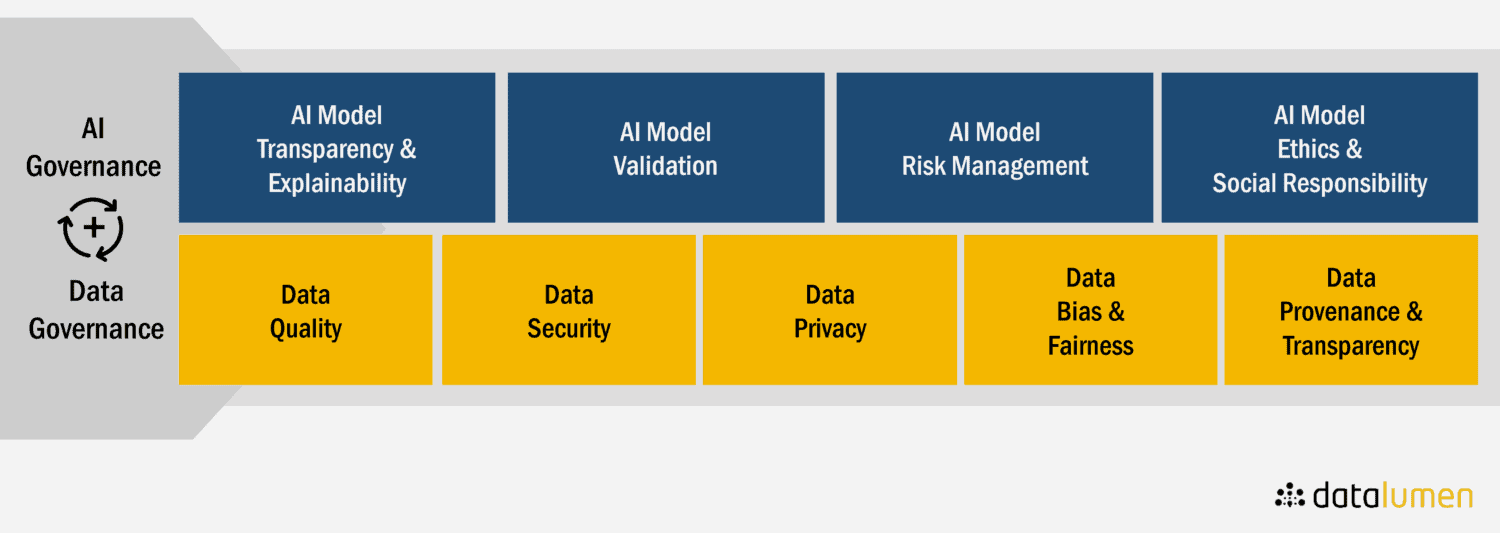AUGMENTED DATA QUALITY: AN AI-FUELED APPROACH FOR YOUR DATA ZEN MOMENT
Data’s effectiveness hinges on its quality and here’s where Augmented Data Quality (ADQ) steps in, revolutionizing how we ensure our information assets are accurate, reliable, and ready to use.
Traditional Data Quality: A Manual Marathon
For years, data quality relied on automated but nevertheless manual processes. Data stewards meticulously combed through datasets, identifying and correcting errors like inconsistencies, missing values, and formatting issues. This painstaking approach, while crucial, becomes increasingly inefficient as data volumes explode.
Augmented Data Quality: AI-Powered Efficiency
Augmented Data Quality tackles this challenge head-on by leveraging artificial intelligence (AI) and machine learning (ML). These powerful tools automate data quality tasks, freeing up human experts for more strategic endeavors.
Here’s how ADQ makes a difference:
- Automated anomaly detection: AI algorithms can scan huge datasets, pinpointing anomalies and potential errors that might escape manual analysis.
- Intelligent data cleansing: ADQ can suggest corrections for identified issues, streamlining the cleaning process. Machine learning even allows the system to “learn” from past corrections, continuously improving its accuracy.
- Proactive monitoring: ADQ can be configured for real-time monitoring, enabling early detection and rectification of data quality issues before they impact downstream processes.
Benefits Beyond Efficiency
The advantages of ADQ extend far beyond simply saving time and resources. Here’s what organizations can expect:
- Enhanced data trust: ADQ fosters a culture of data trust within an organization. With a high degree of confidence in data quality, employees across departments can make informed decisions based on reliable information.
- Improved decision-making: Clean, accurate data leads to better insights. ADQ empowers businesses to leverage data for strategic planning, risk management, and optimized operations.
- Reduced costs: Data quality issues can lead to costly rework and missed opportunities. ADQ proactively addresses these challenges, minimizing associated costs.
Conclusion
ADQ represents a significant step forward in data management. By harnessing the power of AI and automation, organizations can unlock the full potential of their data assets. As data continues to be the cornerstone of success, ADQ will be a critical differentiator for businesses that prioritize reliable information and data-driven decision making.

